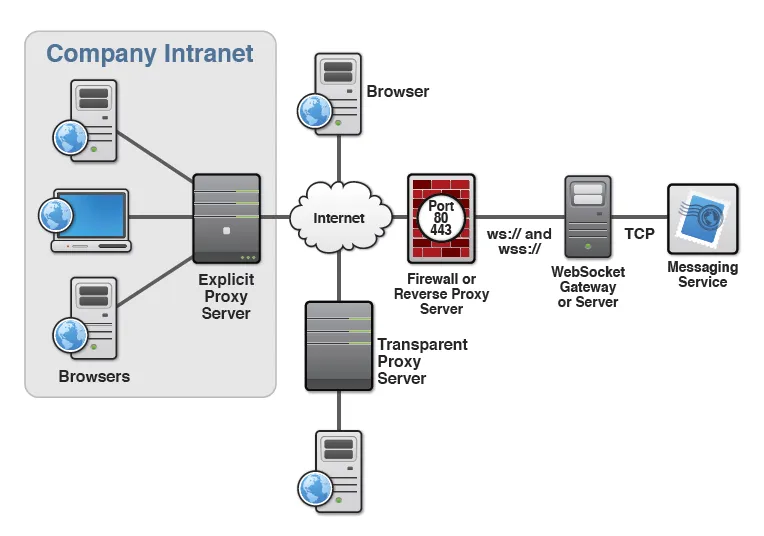There are several advantages of Proxy servers. We intend to provide some of the most basic uses of proxy servers.
Performance Improvement:
Proxy servers also contribute to improved web performance since the results of the user requests are saved in cache memory for a set period of time. This is achieved with the help of a caching proxy server, which could save a large amount of time while catering to the requests from a vast user load.
A caching proxy server maintains a local copy of frequently requested web content. Hence, it can accelerate service requests by retrieving content from the cache memory, if it had already been requested by another client on the same network.
This feature contributes to a significant reduction in upstream bandwidth usage and costs for large organizations with thousands of employees.
Monitoring and Filtering User Requests:
As discussed earlier, web proxies can be used to filter user requests, and block certain content or web pages from being accessed. This can be achieved with the help of a content-filtering web proxy server that differentiates the users’ level of control over the content, based on the user type – Guest or Administrator.
Content-filtering proxies are generally used in organizations and educational institutions with strict internet-usage policies. Blocking certain websites, and restricting access to specific keywords, and censoring undesirable content are some of the basic features provided by content-filtering or web-filtering proxies.
However, there are certain web proxies that are used to bypass geo-restrictions and censorship regulations by using certain advanced services that help access resources from blacklisted web locations.
Anonymous Browsing:
An anonymous proxy server is another type of web proxy that anonymizes users’ online activities. This type of proxy server directs the user requests to a destination server, which ultimately has no knowledge of the source of the request. Only the proxy is aware of the source of the request, including the user IP address and location.
Advertisements targeting specific geographical regions Web Proxies can also be used to validate and verify geo-targeted advertisements. Servers of such ads validate the source IP address of the user request and determine the geographic location of the request with the help of a geo-IP database.
The user requests are responded to via proxy servers that are located within the respective geographical location, to ensure that advertisements displayed are purely relevant to the users’ location.
